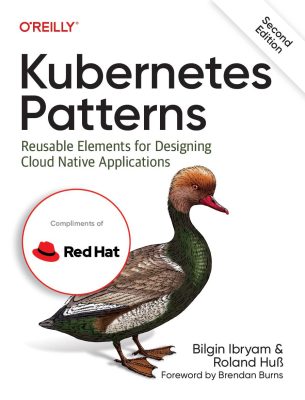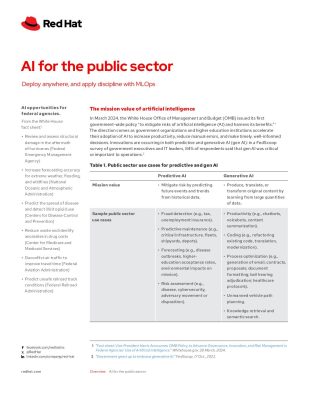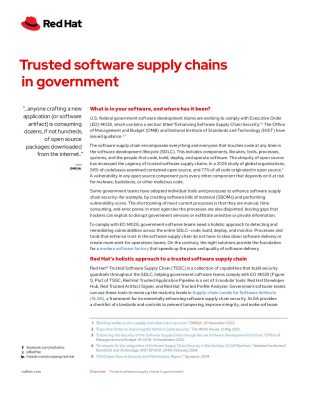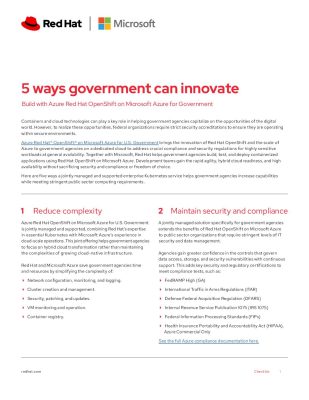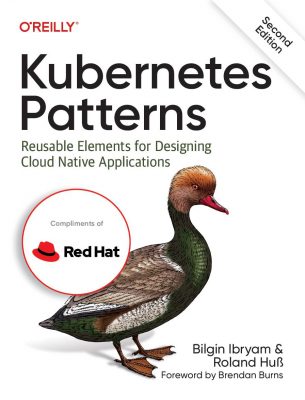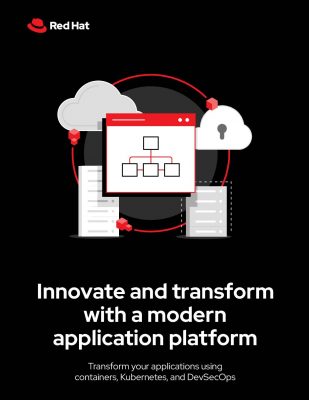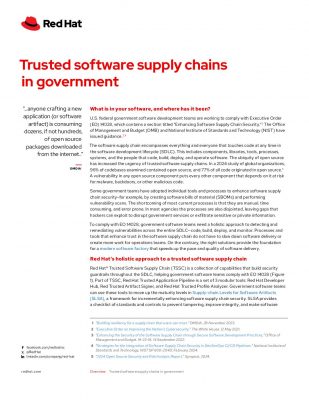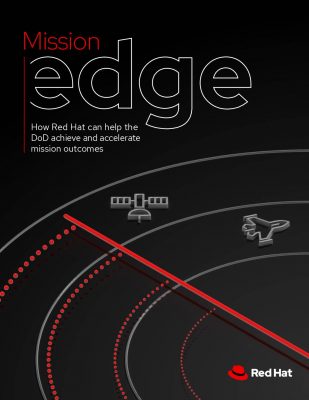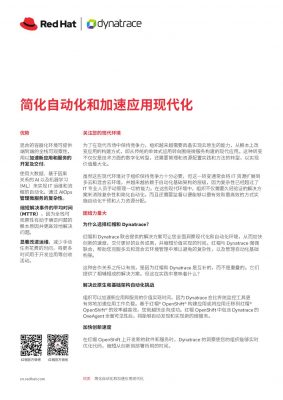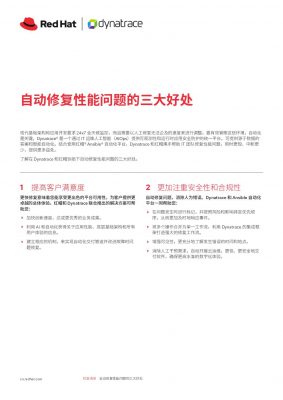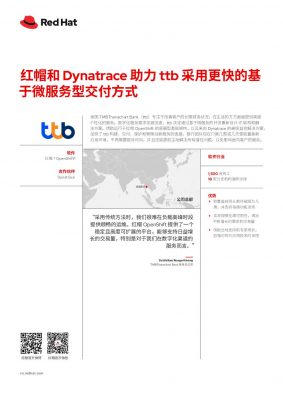Highlights:
- The company provides diverse application and software deployment tools for on-premises and cloud environments, aiding developers in automating new updates.
- Octopus Deploy offers unique features to assist teams in mastering Kubernetes deployments and modeling configurations for seamless transitions between different stages.
Octopus Deploy Pty Ltd., a startup, is expanding its Kubernetes capabilities to streamline software deployments in the most intricate scenarios at large-scale. This involves leveraging a blend of pre-configured blueprints and automation features.
Developers can automate and better manage new update launches with the company’s extensive range of application and software deployment tools, which are available for both on-premises and cloud environments.
The Octopus Deploy platform streamlines deployment processes by reusing configuration variables, API keys, environment definitions, connection strings, permissions, and automation logic. This collaborative approach empowers developers and operations teams to ship software with increased confidence, minimizing the risk of unexpected issues.
Regarding Kubernetes, managing deployments can be notably intricate and challenging. This open-source software oversees containers hosting various components of modern applications capable of running on diverse platforms. While initial deployments may be straightforward, the complexity grows exponentially as the scale increases. Multiple teams commonly utilize Kubernetes to oversee different applications, introducing many variables and considerations due to the diverse moving parts involved.
Octopus Deploy offers distinctive features designed to assist teams in mastering Kubernetes deployments. These include modeling configurations for multiple environments or tenants, ensuring a seamless transition from one stage to another, such as testing to production. Additionally, it provides Kubernetes configuration templates that facilitate the rapid setup of new deployments involving multiple applications.
In its most recent update, Octopus Deploy introduces several Kubernetes-native features, further simplifying the management of multiple deployment pipelines for applications operating on Kubernetes. These enhancements encompass built-in steps for Kustomize, Helm, and plain YAML, the human-readable data serialization language used for crafting configuration files.
The latest update introduces the capability to retrieve configurations from Git. Additionally, the new Kubernetes Object Status feature offers real-time updates throughout the deployment, allowing teams to verify object statuses and promptly detect deployment errors early on. Lastly, including Advanced Container Image References enables the substitution of package version variables, eliminating the necessity to manually update configuration files with each new image release.
Developers can choose to use multiple open-source deployment tools or move to Octopus Deploy, which combines the best of them all and adds proprietary features, according to Colin Bowern, Senior Vice President of Product at Octopus Deploy. He said, “We are committed to making Kubernetes deployments painless for platform and engineering teams, all while meeting the complex requirements from stakeholders.”
The startup emphasizes that environmental sustainability is a fundamental principle of its platform. Teams can utilize a single process to deploy to any cluster, tenant, and environment. The platform’s dashboard ensures comprehensive visibility into each deployment, allowing administrators to enhance security by restricting access to specific projects, environments, and infrastructure.
Paul Stovell, Chief Executive, said, “We already have a great deployment tool that will become even better. Looking ahead, our product innovation team will soon introduce more advanced Kubernetes deployment capabilities and initiatives.”
